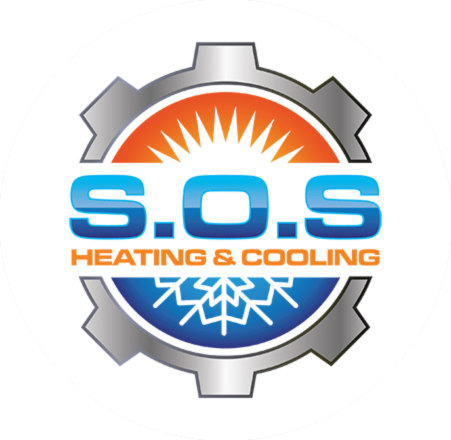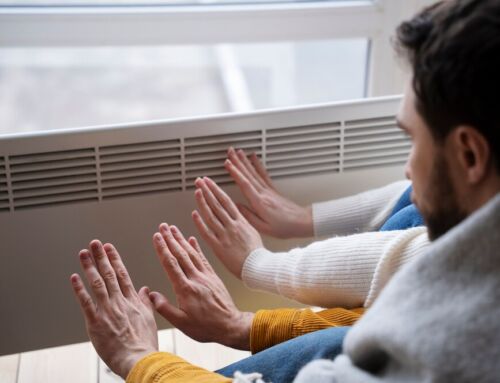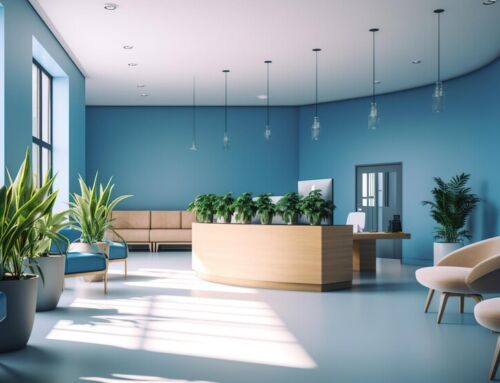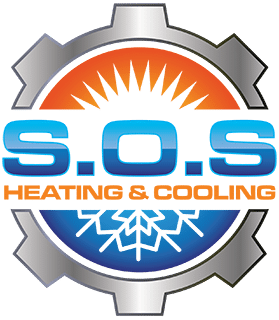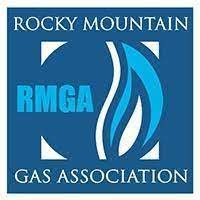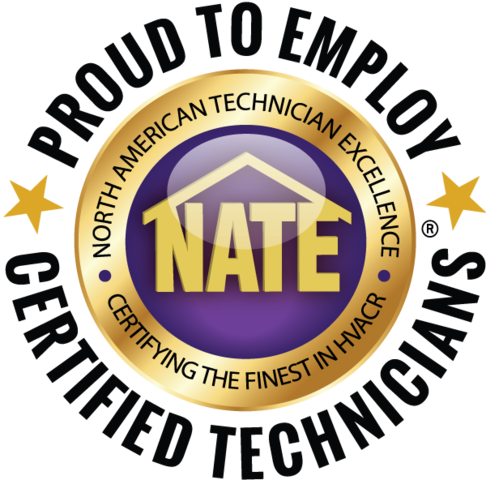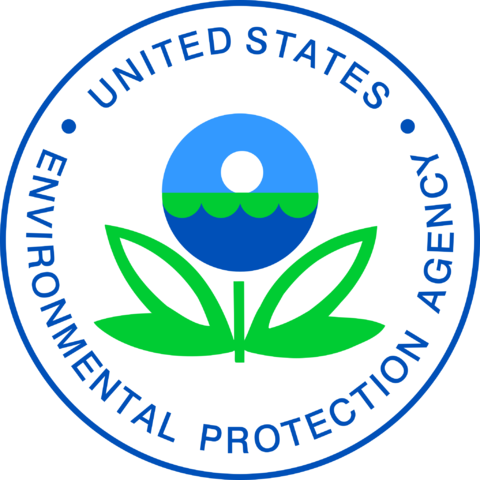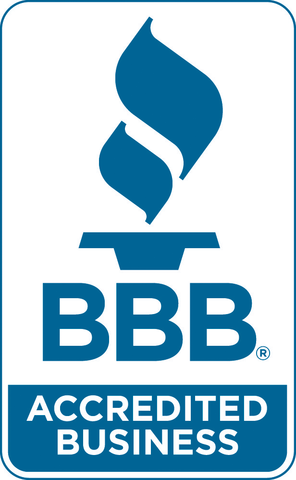Indoor air quality is a significant concern for homeowners, businesses, and health professionals alike. It plays a critical role in our daily comfort and long-term health. Among the many factors influencing indoor air quality, mold is a particularly insidious issue. This fungus, while commonly found both indoors and outdoors, can pose serious health risks and structural damages when it thrives unchecked inside buildings.
Mold growth is largely influenced by the quality of the air within an indoor environment. Moisture levels, temperature, ventilation, and organic material availability are among the key factors that can foster mold colonies. Understanding the hidden connection between indoor air quality and mold is essential for maintaining a healthy living or working environment. This knowledge not only helps in mitigating health risks but also assists in maintaining the integrity of building structures. We will delve deeper into how indoor air quality impacts mold growth and strategies to manage it effectively.
Understanding Mold and Its Growth Requirements
Mold is a type of fungus that reproduces through the spread of tiny spores that float through the air. These spores are omnipresent in both indoor and outdoor environments, which means it’s almost impossible to eradicate them completely. However, mold will only grow and become a problem when environmental conditions favor its development. The primary catalyst for mold growth indoors includes high humidity levels, warm temperatures, and organic materials for the mold to feed on, such as wood, paper, or fabric.
Inadequate ventilation contributes significantly to mold proliferation by trapping moist air inside and creating an ideal environment for mold to flourish. Moreover, persistent dampness in areas like bathrooms, kitchens, and basements from leaks or condensation is a typical issue. Addressing these conditions is crucial in managing mold growth and maintaining a healthy indoor air quality.
The Impact of Poor Indoor Air Quality on Mold Growth
Poor indoor air quality exacerbates mold growth by allowing moisture levels to remain high and failing to remove mold spores from the air. When HVAC systems do not adequately circulate and filter the air, spores accumulate, and with sufficient moisture, they will start to grow into visible mold colonies. This can typically be seen on walls, ceilings, or hidden places like behind wallpaper or within HVAC ductwork.
Another contributing factor is the lack of maintenance of HVAC systems. Filters that are not regularly replaced or systems that are not serviced can become breeding grounds for mold. These systems, when ineffective, fail to reduce the indoor humidity levels and remove airborne mold spores, thereby indirectly supporting the conditions that mold requires to grow.
Strategies to Improve Indoor Air Quality and Control Mold
Improving indoor air quality is a multi-faceted approach that includes maintaining your HVAC system, controlling humidity, and ensuring adequate ventilation. Regular maintenance of your HVAC system, including changing air filters every three months or more frequently depending on usage, helps to remove mold spores from the air and control dust and other particulates. This practice not only enhances the overall air quality but also improves the efficiency of your heating and cooling system.
To control humidity levels, use dehumidifiers and ensure that areas of your home or building that are prone to moisture buildup are well-ventilated. Bathrooms, kitchens, and basements should have functioning exhaust fans or windows that can be opened to let out moist air. Sealing leaks in roofs, windows, and pipes, and ensuring that the ground slopes away from the foundation to prevent water pooling, can significantly reduce moisture levels.
Best Practices for Mold Prevention and Remediation
Preventing mold involves more than just addressing current growth; it involves taking proactive steps to ensure that conditions unfavorable to mold continue to be in place. This includes repairing any water leaks as soon as they are discovered, using mold-resistant materials during any building or remodeling projects, and maintaining a consistent indoor climate.
In instances where mold growth is already present, remediation may be necessary. Small areas of mold can often be cleaned using soap and water or a solution of bleach and water. Nonetheless, extensive mold, especially in hard-to-reach spaces like inside ductwork, typically requires professional removal. Professionals have the tools and expertise to safely and thoroughly remove mold from a building, ensuring that spores are contained and removed and that affected areas are treated to inhibit future growth.
Regularly inspecting your property for signs of mold and moisture can prevent minor issues from developing into serious problems. This includes watching for conditions that might indicate developing issues, such as musty odors, visible moisture on walls or windows, and unexplained health symptoms like allergies or respiratory issues in building occupants.
By understanding the needs for mold growth and the impact of indoor air quality on its proliferation, implementing strategies for maintaining clean, well-circulated air can be effectively established. Consistently managing these environmental factors not only mitigates the risk associated with mold but also contributes to a healthier and more pleasant living and working environment. Through diligent practice and occasional professional assistance, maintaining mold-free, high-quality indoor air is an attainable goal for any commercial or residential property.
Ensuring Healthy Environments Through Expert Air Quality Management
Maintaining clean indoor air is crucial not only for comfort but also for health. Ensuring your environment is free of mold and other air quality hazards requires active management and sometimes professional intervention. By implementing the strategies discussed, you can significantly reduce the risk of mold growth and its associated health concerns.
If you're facing persistent mold issues or want to ensure your HVAC system supports optimal air quality, trust our experts at S.O.S. Heating & Cooling, Salt Lake City’s leading heating and cooling professionals. Our skilled technicians can provide tailored solutions that fit your specific needs, helping maintain your indoor air quality at its best. Don't let mold compromise your health—contact our HVAC company in Salt Lake City today to schedule an inspection or to discuss our comprehensive services.
